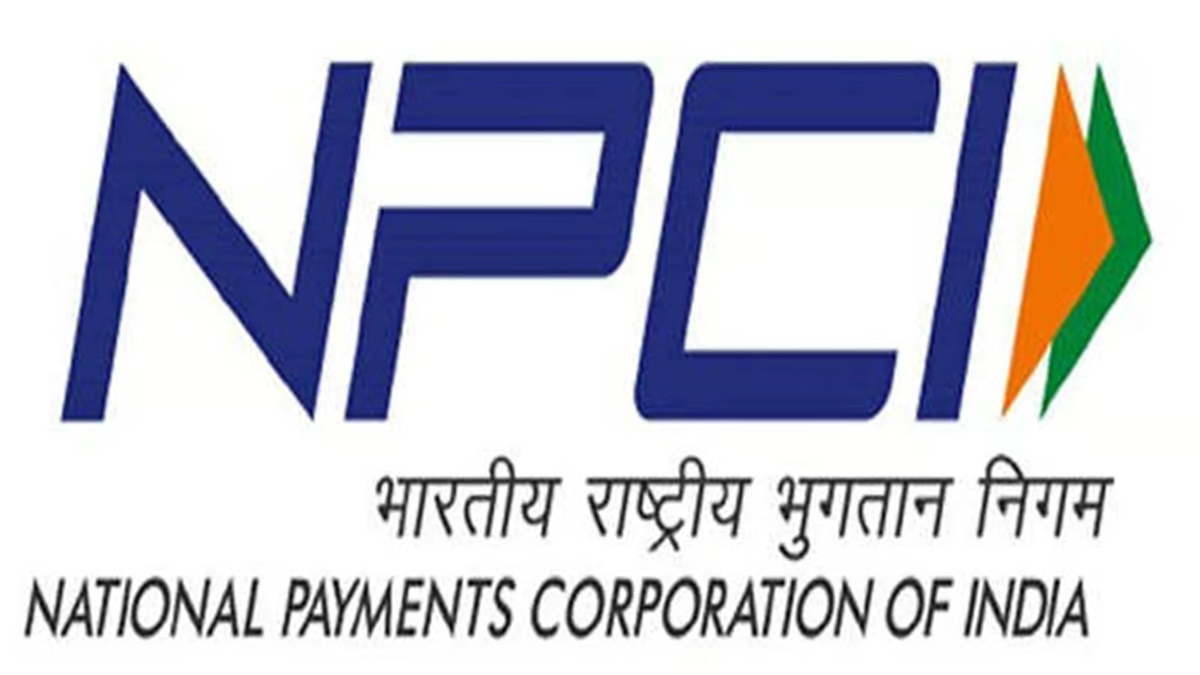NPCI to develop UPI-like platform in Trinidad and Tobago – Banking & Finance News
NPCI International Payments (NIPL) has entered into a strategic partnership with the Ministry of Digital Transformation (MDT) of Trinidad and Tobago to develop a real-time payments platform, similar to India’s Unified Payments Interface (UPI). This collaboration marks a significant milestone, making Trinidad and Tobago the first Caribbean nation to adopt the UPI.
This strategic partnership aims to empower Trinidad and Tobago to establish a reliable and efficient real-time payments platform for both person-to-person and person-to-merchant transactions, expanding digital payments in the country and fostering financial inclusion.
By leveraging technology and experiences from the UPI, the partnership seeks to assist Trinidad and Tobago in modernising its financial ecosystem. This involves enhancing accessibility, affordability, connectivity with domestic and international payment networks and ensuring interoperability.
The UPI has emerged as a transformative force in India’s financial landscape, registering nearly 15 billion transactions in August with an estimated value of $245 billion. It is now available in seven countries – France, the UAE, Singapore, Bhutan, Sri Lanka, Mauritius and Nepal.
“Trinidad and Tobago is taking significant steps towards advancing its financial infrastructure, and we are proud to support them in building a secure, sovereign and scalable payments platform,” said Ritesh Shukla, CEO, NPCI International. “Our experience with UPI in India has demonstrated how real-time payments can transform economies by improving access to essential financial services and reducing reliance on cash.”
“It is with great anticipation that the Ministry of Digital Transformation and the Ministry of Finance embark on this significant engagement with NIPL to implement a digital payments system for Trinidad and Tobago,” said a ministry spokesperson. “Fashioned on India’s UPI, the digital payments platform will facilitate innovation in the fintech sector, enhance the technical resiliency of the current payment infrastructure by providing a complementary, non-competing digital payments platform with increased security through reduced use of cash,” the spokesperson said.


